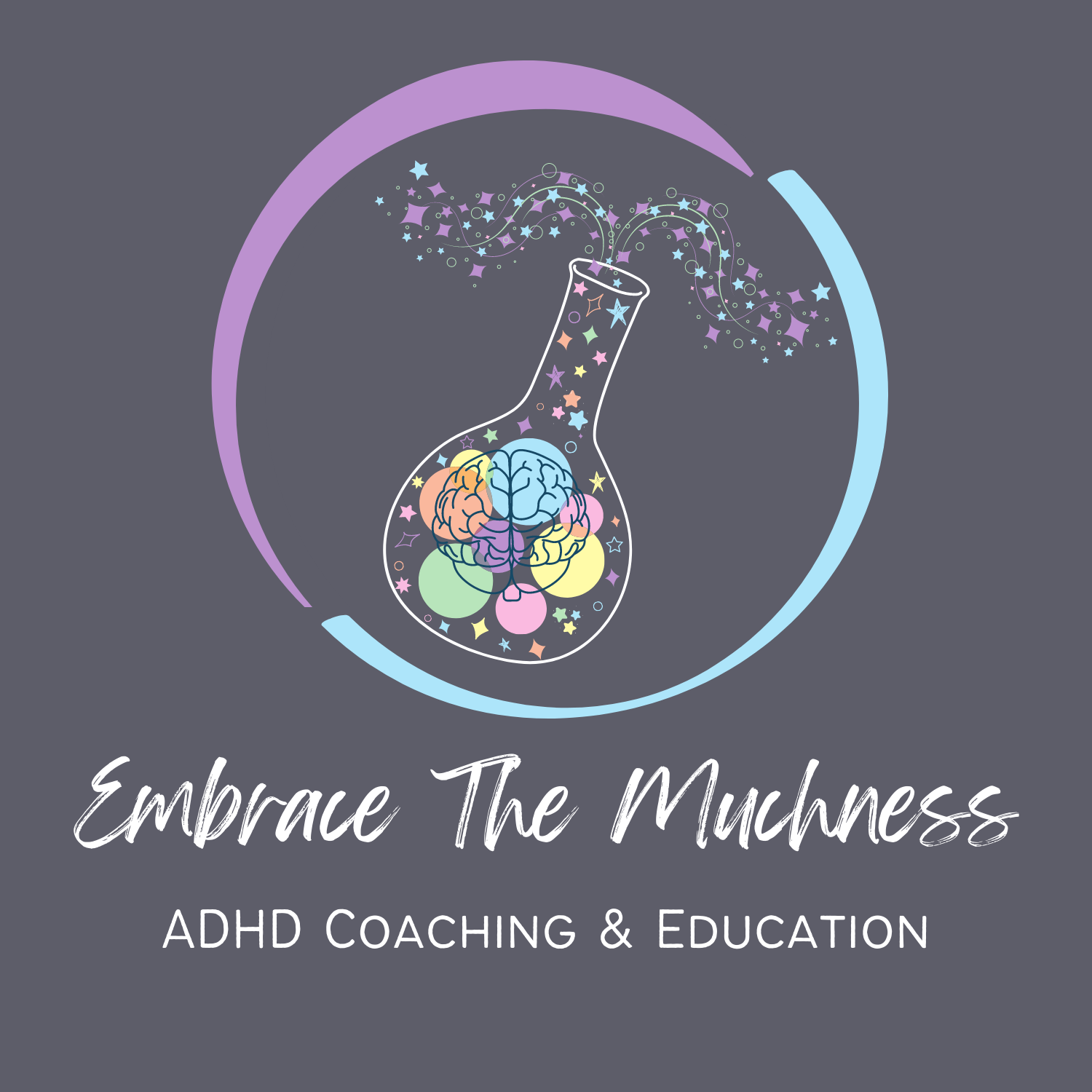Helping Your Child Transition to College
There’s lots at play when a student has ADHD and is transitioning into college. I’ll go much more into depth on how to help support your ADHD young adult as they move into college in another post, this one is for all parents and students as they prepare for the transition. Both parents and students experience bittersweet feelings when their child goes to college. The student’s head is likely swirling with all the opportunities and classes, maybe how they’ll set up their new room if they’ll be leaving home, what their social life be like and more. Parents minds are often swirling with thoughts around finances, making sure they have the items they’ll need, and maybe thinking a bit about what it’ll be like to have them out of the house! One thing both parents and students don’t spend much time thinking about is how the relationship between them will change. Moving from a child-parent to an adult child-parent relationship is a big shift. One way to help make that transition, is to use my list of conversation starters before the young adult begins their college career. How you go about using this guide is up to you. These could happen slowly over time or you could schedule a couple specific times to sit down and talk them through, but I wouldn’t recommend reviewing all in one sitting. Please consider these conversations, meaning the parents and young adults are both giving input and coming to agreements or compromise on these items, rather than just the parent telling the child how it will be. This is an important first step in the move to adult child-parent relationship.
Mental Health
If your student has already experienced mental health concerns, what is the plan for seeking/continuing counseling?
If they are currently on medications, how will they get refills and who will they follow up with if they have concerns?
Do you have a family history of mental health that your child should be aware of? (Mental health tends to emerge during adolescence or early adulthood)
What would be signs that they are starting to get overwhelmed, and what can they do once that happens?
Ask what you can do as a parent to best support them when they call and are stressed out.
Encourage them to pick only 1 or 2 activities they are passionate about to be involved with on campus to start out. Much more and they will burn themselves out.
What circumstances would lead your child to ask for help?
Finances
Who will be paying for things such as tuition, books, clothes, electronics, vehicle expenses, activities, etc?
What are the student’s plans regarding work?
Will any forms of credit/debit cards be used and how?
Will they need to set up a new local bank account?
Health
Are there any medical conditions that will require follow up and who will they see?
Make sure your student has a copy of their insurance card and understands what the benefits are and how it works, what providers are covered, etc.
Who will be responsible for any medical bills?
What types of medical events do you expect to be notified about?
Substance Use
What are their plans regarding alcohol and drug use?
Do they have a family history of addiction that they should be aware of prior to making high risk choices? (Individuals with a parent, grandparent or sibling with addiction to alcohol or drugs are 4x more likely to develop problems themselves)
Explore potential consequences of high risk choices.
Are they aware of low risk drinking guidelines and standard drink sizes?
Relationships
How often and what methods do they plan to use to maintain contact with you?
How often will they visit home/will you visit them at college?
What can they do to maintain friendships from home?
How do they plan to make friends at college?
What decisions do you expect your child to make for themselves and which to consult you about?
What kind of things do you expect to know about your student and what are their expectations about these items? (Grades, romantic relationships, travel off campus, finances, substance use)
What are your student’s thoughts and plans regarding romantic relationships and sex?
Do they know how to define consent and get consent for sexual behavior?
These are all just suggestions and starting off points. Hopefully some of these will spark additional valuable conversations for you. It’s a good idea to revisit some of these conversations all throughout the student’s college career. If you’d like a printable version of this conversation guide, you can click to download below.
Bobbi-Jo Molokken provides individual and group ADHD coaching to college students. She has many years experience working in higher education and providing support to students with ADHD.

